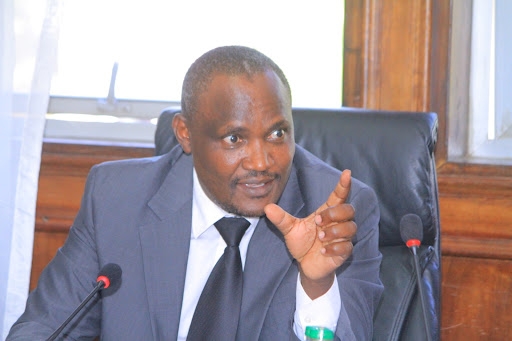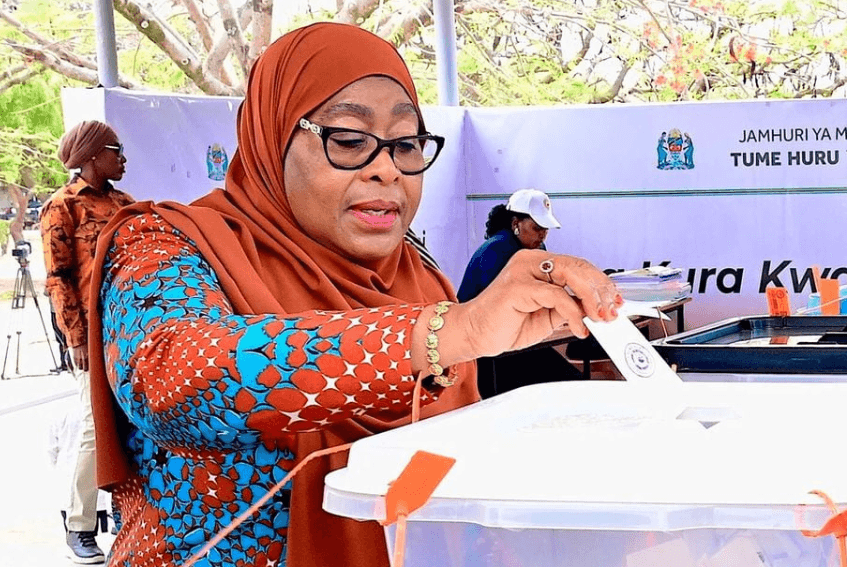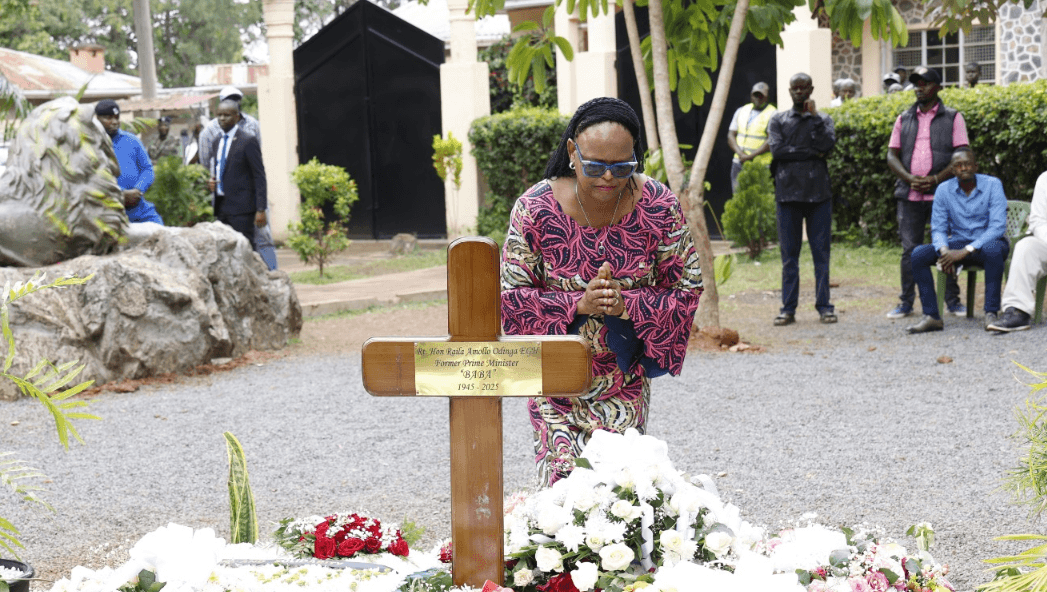A record 83 per cent of 2023 KCSE students will not get government funding after the government cut Helb budget.
The budget slash will also see continuing students under the old funding system left out from the critical funding.
The shocking revelations are contained in National Assembly’s Education Committee report on the consideration of the 2024-25 budget estimates.
The committee is chaired by Tinderet MP Julius Melly.
State department for Higher Education and Research Principal Secretary Beatrice Inyangala urged the committee to intervene and save the sector from a full-blown crisis.
To fund the 122,634 students who sat their KCSE last year, Helb needs Sh13.8 billion but only Sh2.4 billion was availed in the budget.
The Sh2.4 billion -according to the state department – can only cater for tuition and accommodation for 21,512 students only.
“A total of 101,122 university students (83 per cent) will therefore not be funded through tuition and upkeep loans,” Inyangala said.
Helb requested Sh31.89 billion for tuition and upkeep loans for both continuing students and last year’s candidates.
“Helb has a financing deficit of Sh11.4 billion in financial year 2024-25 proposed estimates. With the available funding, Helb can fund all continuing students in the new model and only 17.2 per cent of new students,” the report says.
The PS said some continuing students under the old model will not get funding given the shrinking allocation.
In the 2023-24 financial year, Treasury allocated Sh34.1 billion to the 369,029 students who were admitted under the old funding model.
This has so far reduced in the coming financial year with the government allocating a paltry Sh17.85 billion.
Most affected students are those who are in their third to sixth year.
Continuing students in four universities will not be funded if Parliament passes the budget estimates as proposed by Treasury.
The universities are Moi, Eldoret, Kabianga and Nairobi.
“There are two critical risks, first, this contravenes the principle of equal treatment of universities and the students,” Inyangala said.
“Second, the students who are not funded may drop out of their respective universities.”
If left unaddressed, she warned most universities may not deliver on their mandate
“The higher education subsector relies heavily on human resources to deliver on its mandate. A significant reduction on the budgetary allocation implies that universities will not meet their payroll costs as indicated,” Inyangala said.
“There is a high risk of students and staff going on strike which will threaten the stability of universities.”
Despite the reduction, Treasury however allocated Sh22 billion to scholarships for university students under the new funding model to cater for students who will be progressing to their second year of study as well as the newly admitted students who are expected to join various universities later in September this year
From the documents tabled before Melly led committee, it emerged that all the 36 public universities have accumulated a record Sh76 billion in pending bills.
This is as at August 30 last year.
“Over the years, 36 public universities have experienced financial difficulties manifested in huge pending bills. As of August 30 last year, universities had accumulated pending bills amounting to Kshs. 76,048 billion,” the document reads.
“Thi triggered a financial crisis with 23 of the 40 universities being considered technically insolvent.”










![[PHOTOS] Elgeyo Marakwet landslide victims arrive in Eldoret for care](/_next/image?url=https%3A%2F%2Fcdn.radioafrica.digital%2Fimage%2F2025%2F11%2F425460d9-7ff1-4975-8a1f-cd0aaefb7812.jpg&w=3840&q=100)

